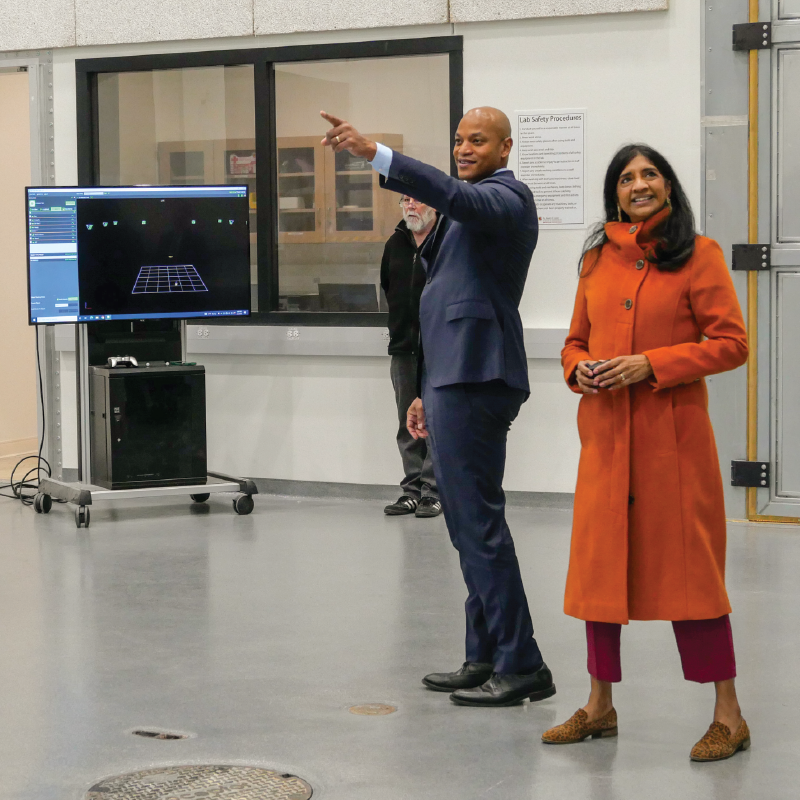News Story
Peter Sandborn is PI for NSF performance contract engineering grant
ISR-affiliated professor and director of the Maryland Technology Enterprise Institute Peter Sandborn (ME) is the principal investigator for a three-year, $150K National Science Foundation grant, “Performance-Contract Engineering: Exploration of the Concurrent Design of Contract Terms and Systems.”
Complex mission, infrastructure and safety-critical systems are shifting away from traditional contract mechanisms of fixed-price followed by the purchase of support. Newer performance-based contracts are growing in popularity for governmental and non-governmental acquisitions of critical systems, such as for energy, defense, transportation and healthcare. These contracts allow the customer to buy the system performance rather than to purchase the product itself, or to buy availability rather than to pay for maintenance. Performance contracts are not warranties, lease agreements, or maintenance contracts, which are all break-fix guarantees; rather, these contracts are highly quantified "satisfaction guaranteed" contracts where "satisfaction" is a combination of outcomes received from the product, usually articulated as a time (e.g., operational availability), usage measure (e.g., miles), or energy-based availability. Performance-based contracts (also called outcome-based contracts) can take different forms where the particular performance that the contract specifies distinguishes the contract mechanism, e.g., performance-based logistics (PBL), public-private partnerships (PPPs), and power purchase agreements (PPAs). Unfortunately, the contract design itself is almost always performed separate from the engineering design process and provided as a requirement to the engineering design process.
This award supports fundamental research towards the integration of the contract and system design for systems that are subject to performance-based contracts. Such an integrated approach has clear societal benefits since contract failure may mean hundreds of millions of dollars spent by the public for either no outcome or inadequate outcome, or result in the contractor being driven out of business, which can lead to disaster for all parties involved including the public.
This research approaches contract design as a system design problem where the process of designing contractual terms that address performance metrics, the payment model, and performance assessment, represents a multidisciplinary design process that can be integrated into the broader engineering design process. The development of a new methodology will be explored that uses the customer and contractor goals as an input for determining the contractual and engineering design terms using principal-agent and contract theory to factor in incentives and information asymmetry. As a concrete case study, the research team will study PPA contracts for wind farms with multiple design parameters within a stochastic energy-price environment and uncertain wind profile.
Published August 15, 2015













